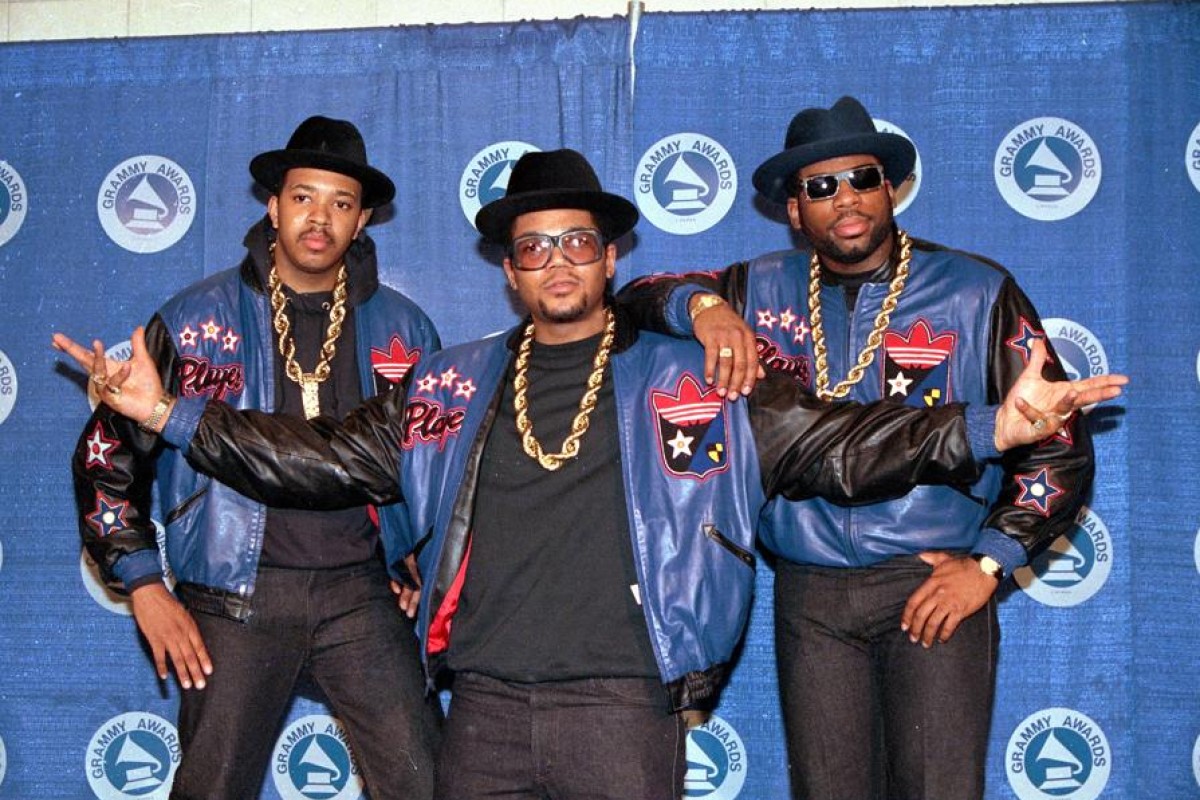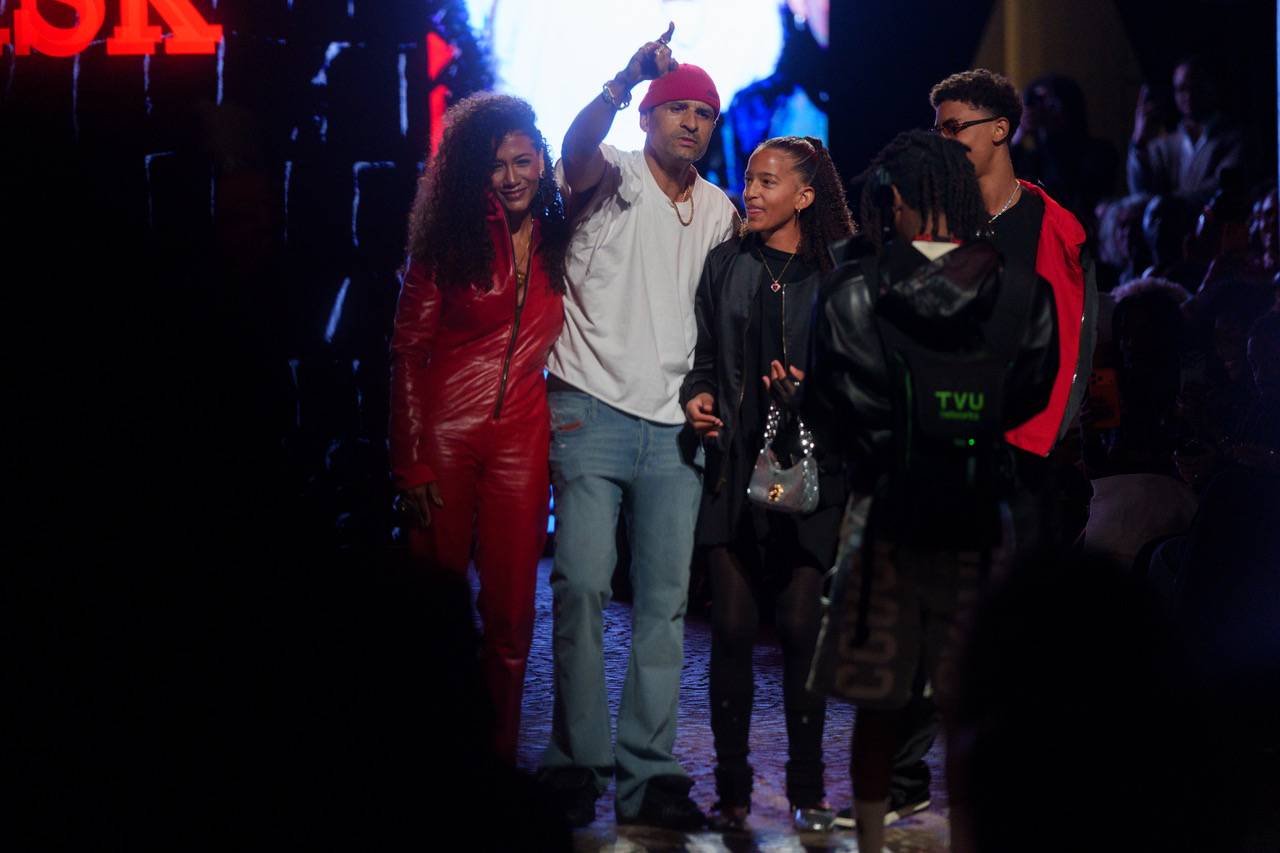Hip hop, an artistic and cultural movement born in the late 1970s, has grown from its roots in the African American and Latino communities of the Bronx into a global phenomenon. This tribute celebrates Black hip hop, a powerful voice that has resonated across generations, transcending boundaries and transforming the world of music, art, fashion, and social activism.
Origins and Evolution
Hip hop emerged as a response to the social and economic challenges faced by African American and Latino youth in New York City. The genre was more than just music; it was a form of expression and resistance. At its core, hip hop was comprised of four elements: rapping (MCing), DJing, graffiti art, and breakdancing. These elements combined to create a vibrant cultural tapestry that reflected the struggles, dreams, and realities of urban life.
Pioneers like DJ Kool Herc, Grandmaster Flash, and Afrika Bambaataa laid the foundation for hip hop, utilizing turntables to mix and scratch records, creating new sounds and beats that became the backdrop for MCs to deliver their rhymes. These early artists were storytellers, chronicling the life and times of their communities with raw honesty and unflinching clarity.
Social and Political Impact
From its inception, hip hop has been a vehicle for social and political commentary. Grandmaster Flash and the Furious Five’s “The Message” (1982) starkly depicted the harsh realities of inner-city life, setting a precedent for future artists to address issues such as poverty, racism, and police brutality. Public Enemy, with their revolutionary sound and militant lyrics, further solidified hip hop’s role as a platform for activism. Tracks like “Fight the Power” became anthems for resistance and empowerment, inspiring listeners to question authority and demand justice.
The 1990s saw the rise of gangsta rap, with artists like N.W.A., Tupac Shakur, and The Notorious B.I.G. providing gritty narratives of street life. While controversial, this subgenre highlighted systemic inequalities and the impact of the drug epidemic on Black communities. Tupac, in particular, used his music to explore themes of inequality, violence, and hope, becoming a symbol of resilience and defiance.
Cultural Influence and Innovation
Beyond its socio-political impact, hip hop has profoundly influenced global culture. The fashion trends popularized by hip hop artists, such as oversized clothing, sneakers, and bling, have become mainstream. Brands like Adidas and Nike forged partnerships with hip hop icons, recognizing the genre’s power to shape consumer behavior.
Hip hop’s influence extends to language and lifestyle. Slang and phrases coined by rappers have entered everyday vernacular, while the entrepreneurial spirit of artists like Jay-Z, Dr. Dre, and Sean “Diddy” Combs has inspired a generation to pursue business ventures and build empires. These artists have demonstrated that hip hop is not just about music but also about innovation and economic empowerment.
A Global Phenomenon
Hip hop’s reach is now truly global, transcending cultural and geographical boundaries. From Tokyo to Johannesburg, Paris to São Paulo, local artists have embraced hip hop, infusing it with their own cultural nuances. This global adoption has created a dynamic and diverse hip hop landscape, where different styles and sounds coexist and interact.
Internationally renowned artists like South Africa’s Nasty C, the UK’s Stormzy, and France’s MC Solaar have shown that hip hop’s core elements of storytelling and social commentary are universal. They have used hip hop to address local issues and connect with audiences worldwide, demonstrating the genre’s enduring relevance and adaptability.
Legacy and Future
As we look to the future, it is clear that hip hop will continue to evolve and influence. The genre has already embraced new technologies and platforms, with artists leveraging social media and streaming services to reach audiences directly. This digital revolution has democratized the music industry, allowing independent artists to gain recognition without traditional gatekeepers.
Furthermore, hip hop’s ongoing engagement with social justice issues remains crucial. The Black Lives Matter movement has seen hip hop artists at the forefront, using their platforms to advocate for change and solidarity. Songs like Kendrick Lamar’s “Alright” have become modern protest anthems, embodying the spirit of resilience and hope.
Black hip hop is a testament to the power of creativity and resistance. It has given voice to the voiceless, challenged societal norms, and fostered a sense of community and identity. As we celebrate its rich history and look forward to its future, we honor hip hop not just as a genre of music but as a cultural revolution that continues to inspire and uplift.







